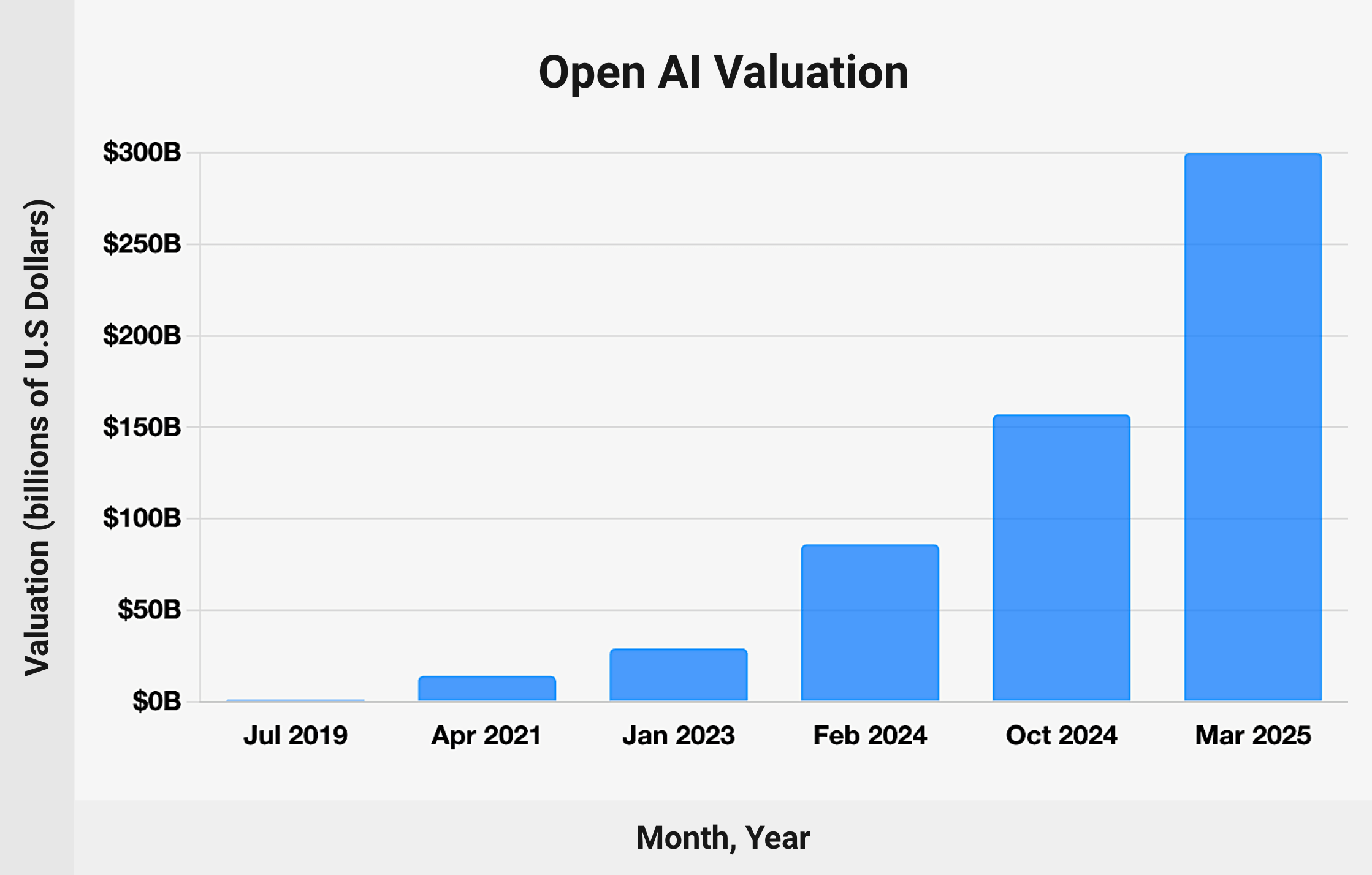Inside OpenAI’s $500 Billion Valuation Boost: The $6.6B Stake Sale Driving Market Confidence

OpenAI Shatters Startup Records With $500 Billion Valuation: What’s Driving Confidence?
Major Stake Sale Propels Landmark Valuation
The technology ecosystem witnessed a seismic shift as OpenAI reached an unprecedented valuation of $500 billion. This milestone followed a significant sale, where current and former staff members exchanged shares valued at $6.6 billion. This transaction fueled a leap from a $300 billion mark, indicating both high liquidity and demand for equity in the artificial intelligence sector. The transaction didn’t exhaust the company’s cap for secondary sales, reflecting a notable choice among stakeholders. Rather than liquidate the full permitted $10 billion, individuals retained substantial holdings, suggesting anticipation of further appreciation and alignment with the organization’s growth trajectory.
OpenAI’s position has now eclipsed other titans in the private market, most notably overtaking SpaceX in estimated worth. Market observers recognize this ranking not merely as a function of capital influx, but also as an indicator of investor conviction in the prospects for artificial intelligence products and enterprise solutions. Against a backdrop of competitive pressure from industry peers, this outcome has distinguished OpenAI as the benchmark for scaling advanced machine learning technology.
Staff Sentiment Reflects Enduring Trust in Long-Term Outlook
Feedback from individuals involved, as reported by major financial news sources, underscores high morale and confidence within the organization. The choice to sell well below the maximum allowed limit in the equity round speaks volumes about sentiment. Stakeholders are expressing optimism about the future, evidenced by retaining significant ownership even when presented with substantial liquidity opportunities. Such decisions can indicate a belief in further appreciation, and reflect trust in strategic leadership and technological advancements underway.
This robust sentiment is especially notable given the growing operational demands of machine learning infrastructure. While the company’s user growth has accelerated at an exceptional rate, the pursuit of innovation continues to demand massive capital investment. Major data center builds and the push to further advance algorithms require persistent, resource-intensive commitments, making strategic confidence from employees and investors a crucial advantage.
Market Leadership and Financial Implications
OpenAI’s surge to the top of the private valuation hierarchy sends clear signals across the global investment community. The scale of the recent share sale and the subsequent valuation reflect not only market enthusiasm but also recalibrate perceptions of growth in the technology sector. Investors view OpenAI as a harbinger for the future of artificial intelligence-driven industries and applications, further intensifying competitive dynamics and resource mobilization among rivals.
With profitability, infrastructure costs, and data expansion at the forefront of ongoing challenges, the financial landscape surrounding OpenAI continues to be shaped by high expectations. The company’s substantial valuation relative to both competitors and large-cap public entities illustrates the strategic importance placed on artificial intelligence capabilities. The transaction, turnover, and retention dynamics collectively showcase one of the most pivotal moments in recent technology history, setting new standards for privately held enterprises globally.
In summary, the latest share sale and resulting valuation have established OpenAI as a central force in shaping the discourse around artificial intelligence, investment, and confidence in long-term market leadership. The organization’s recent moves underscore critical themes in innovation economics: market capitalization, stakeholder retention, and the future of enterprise technology.
